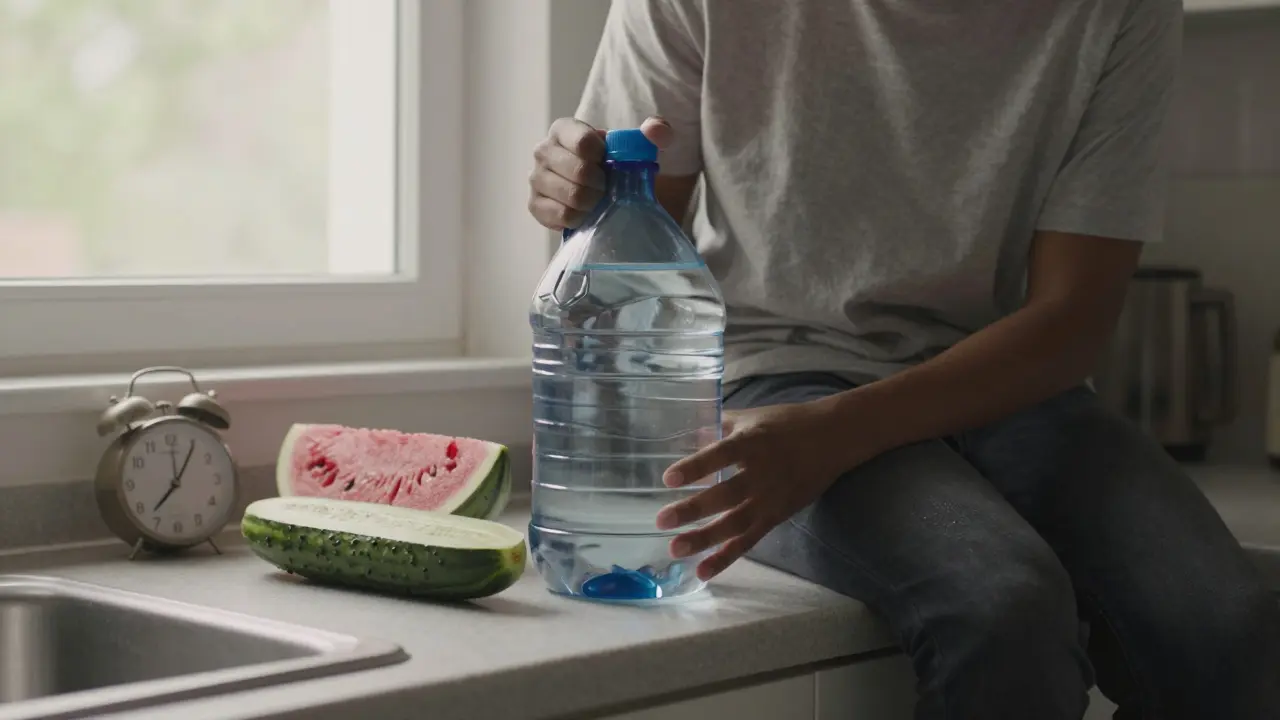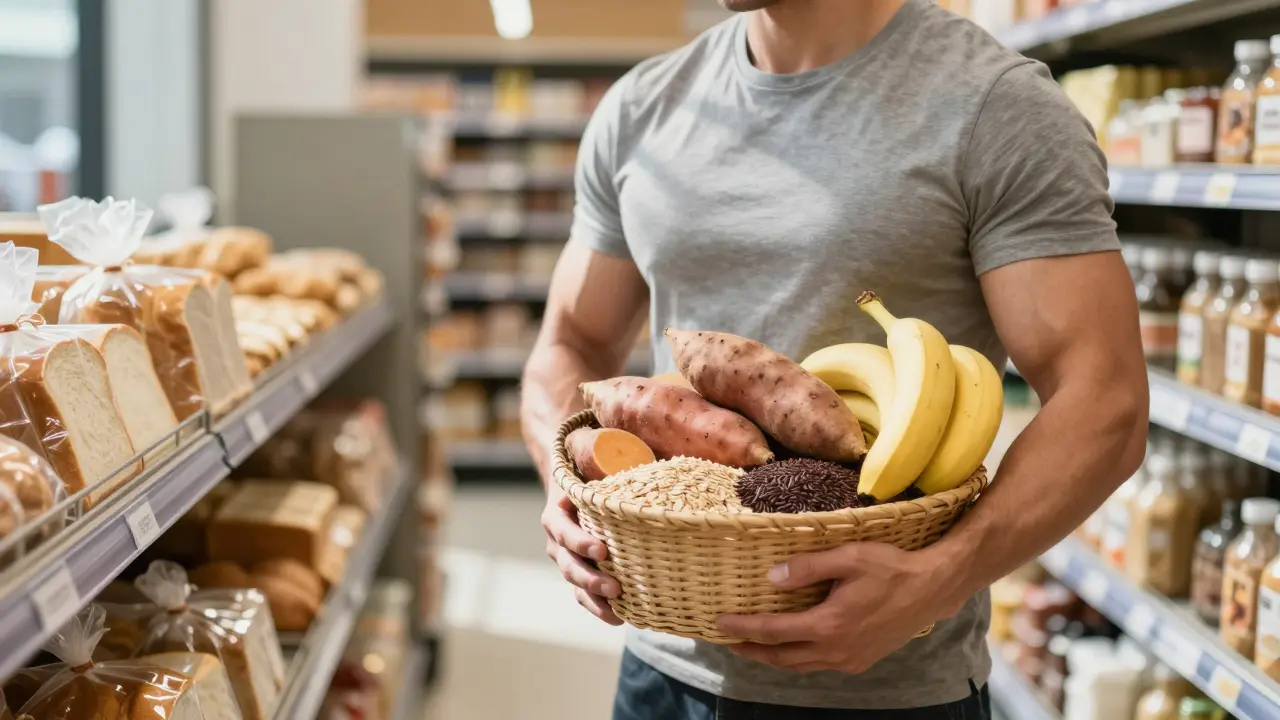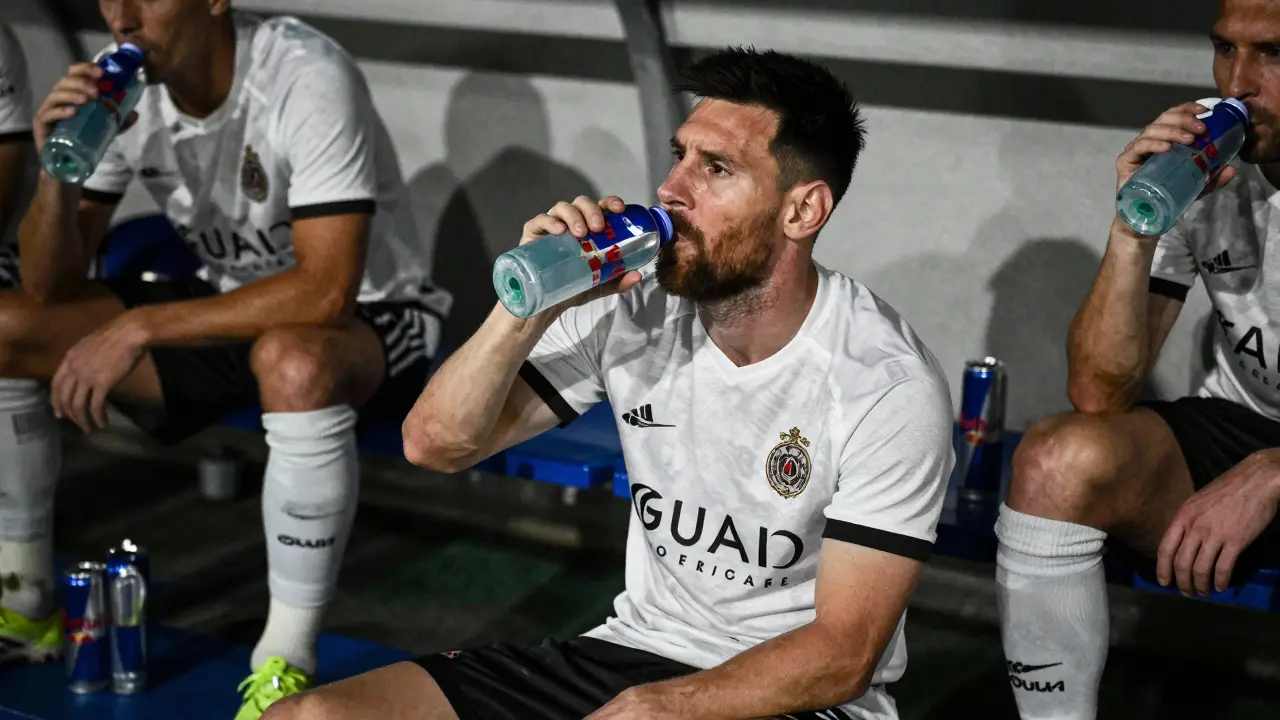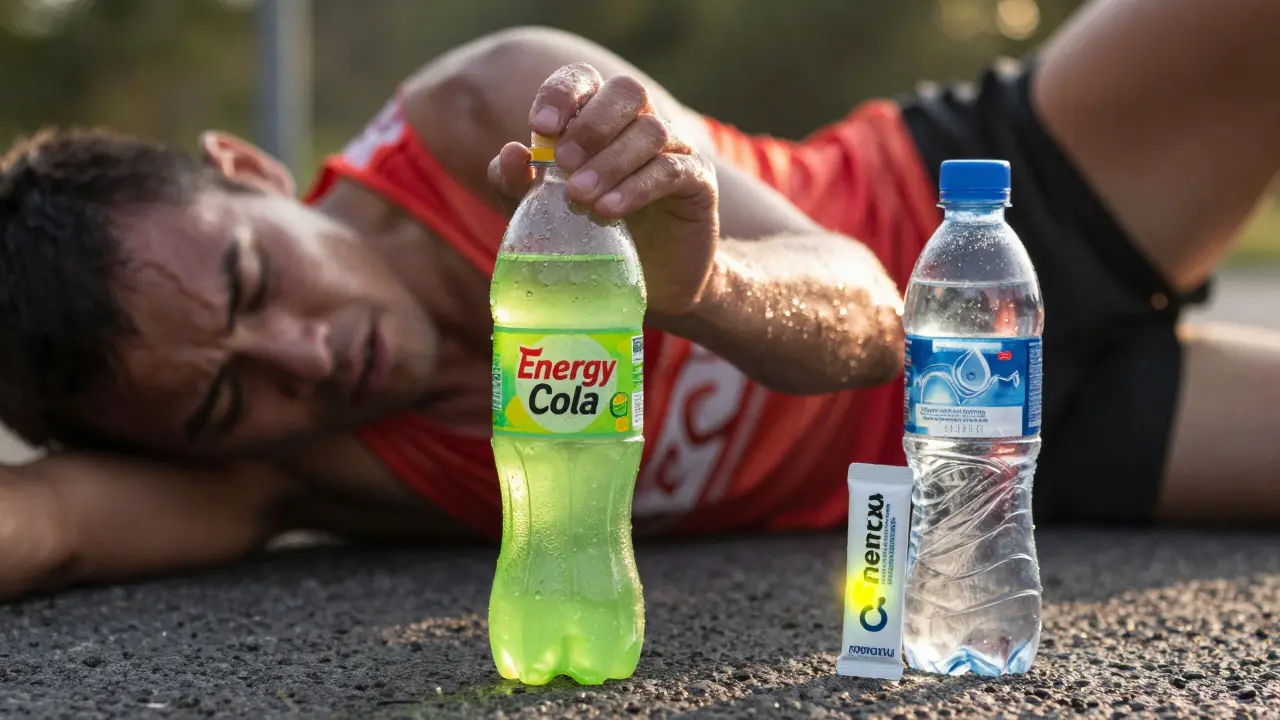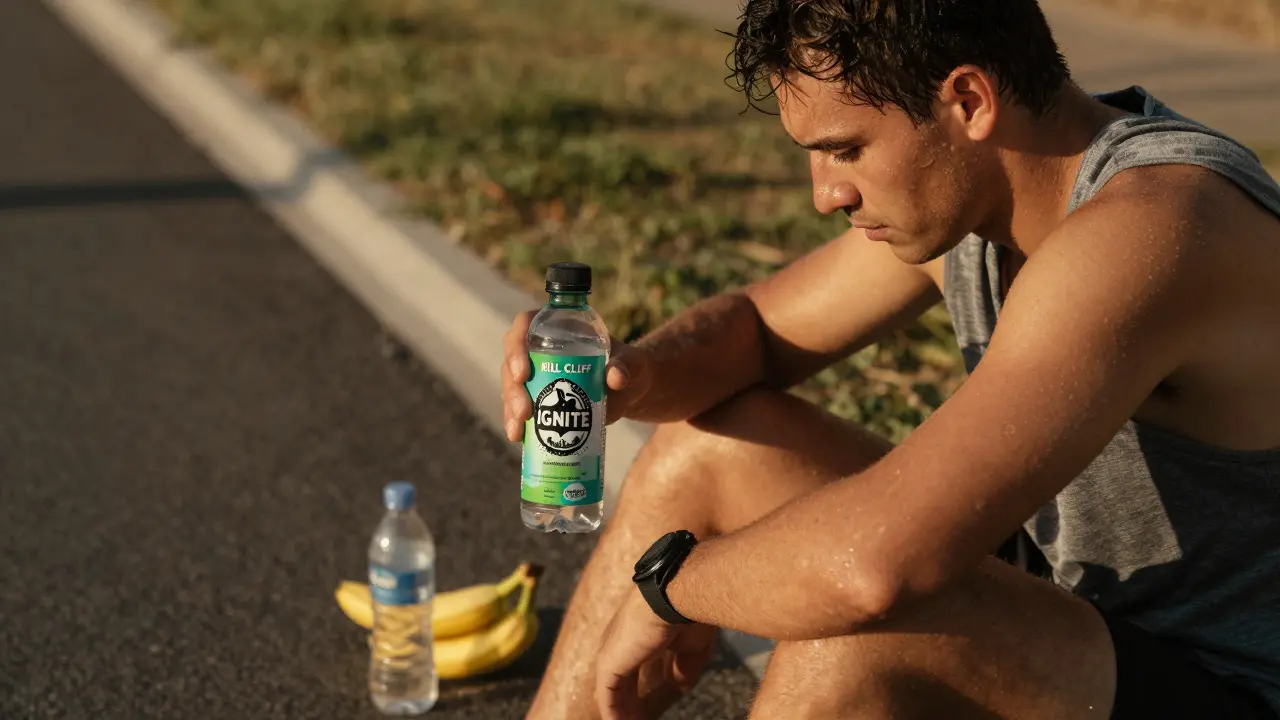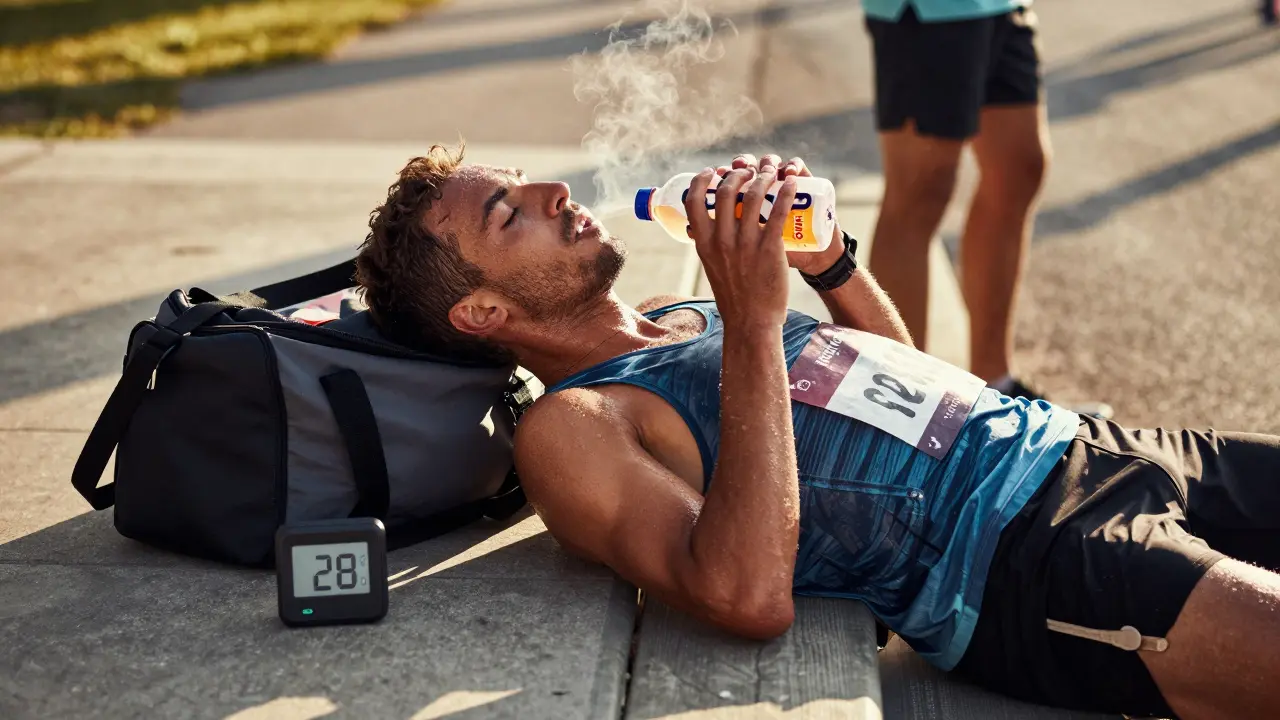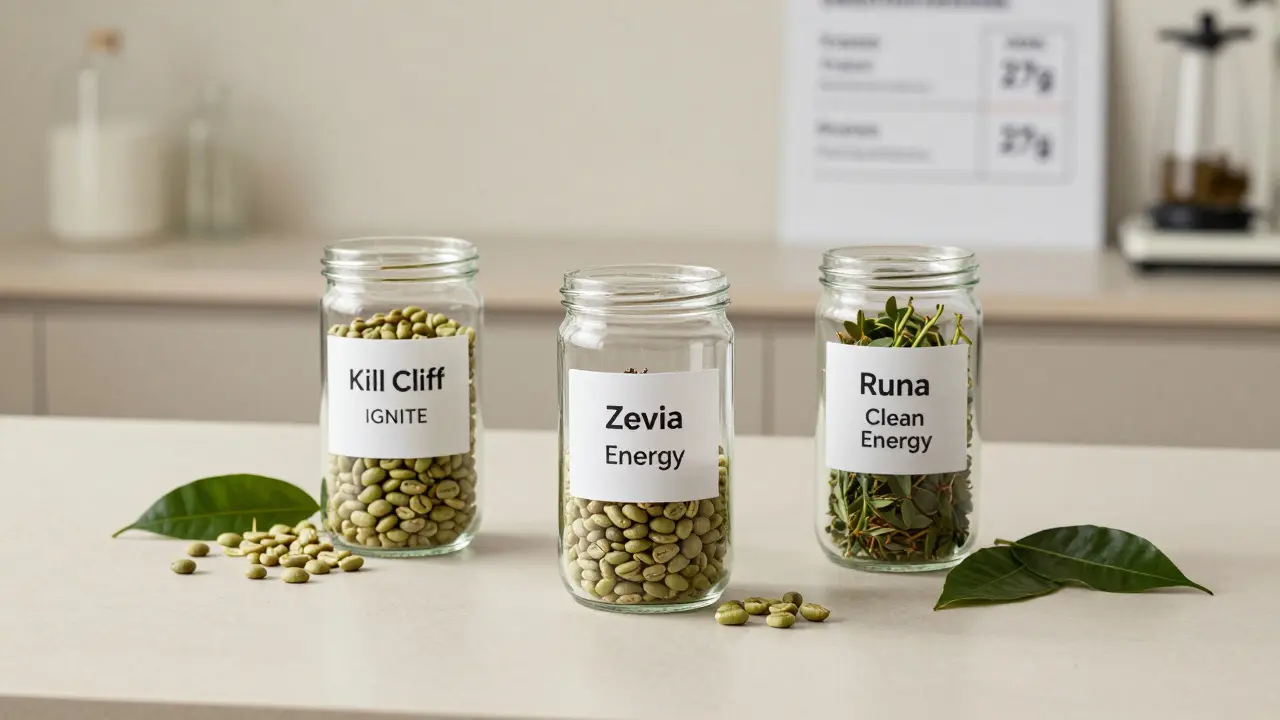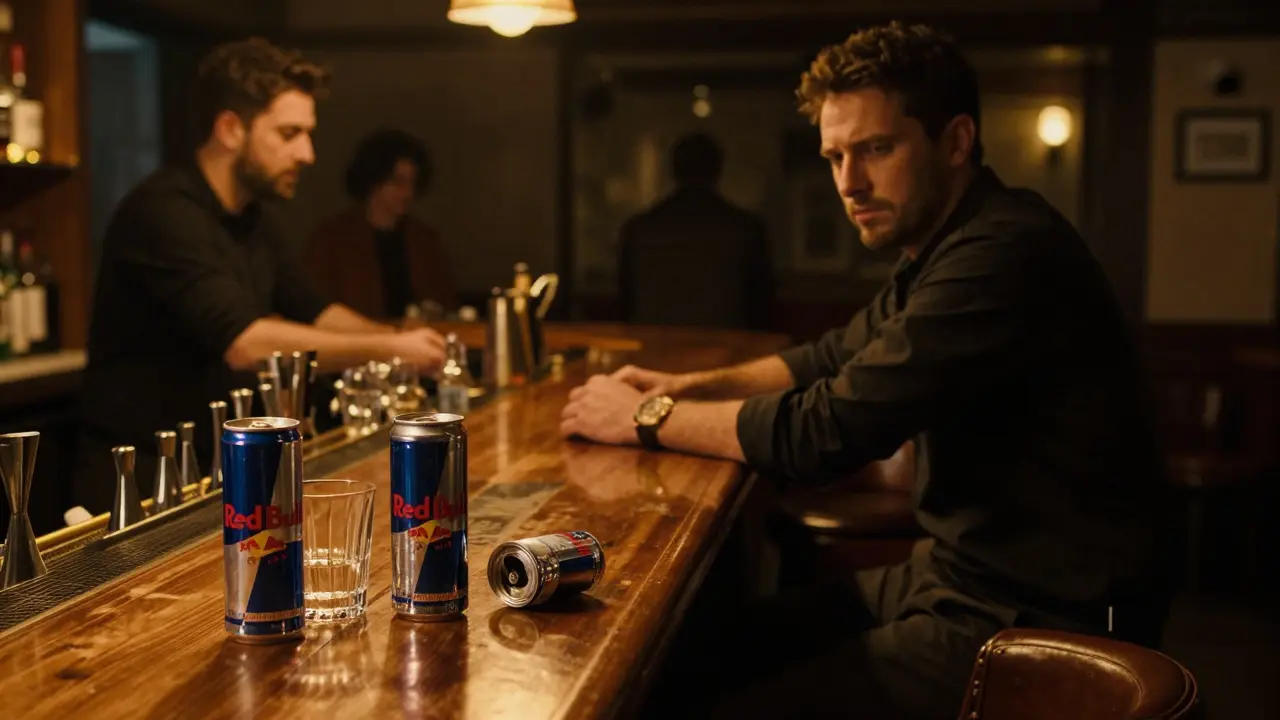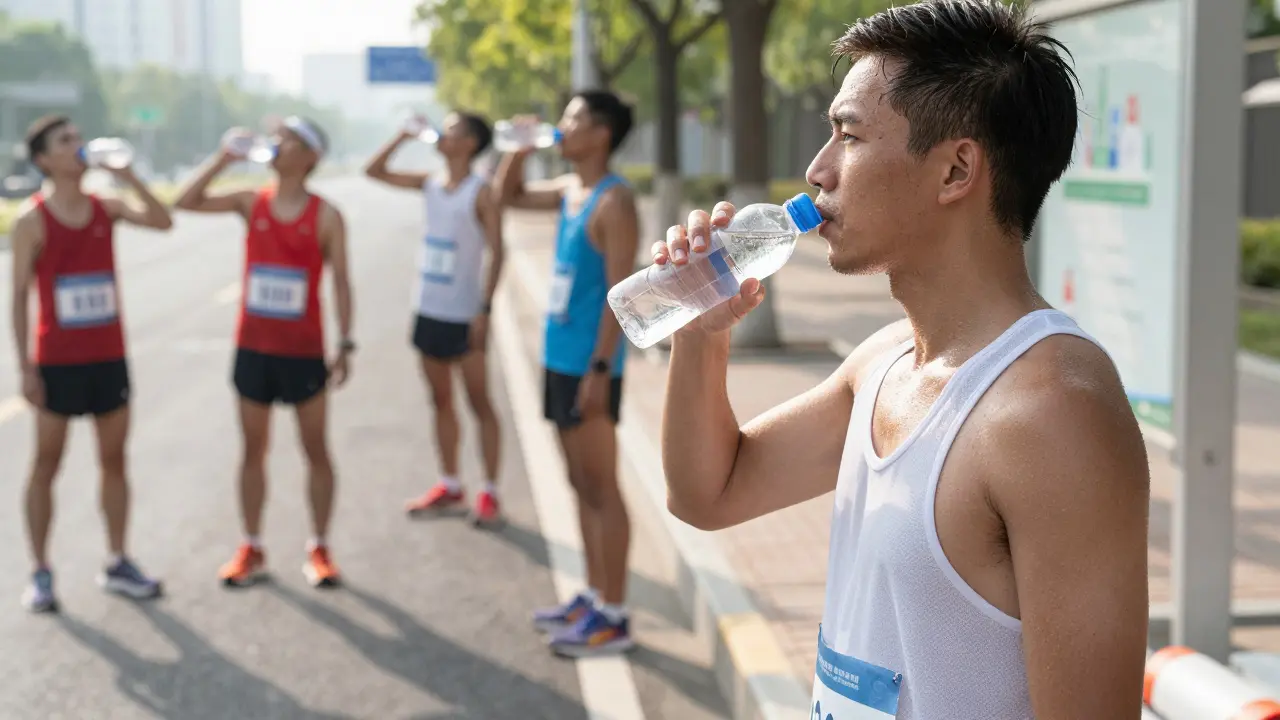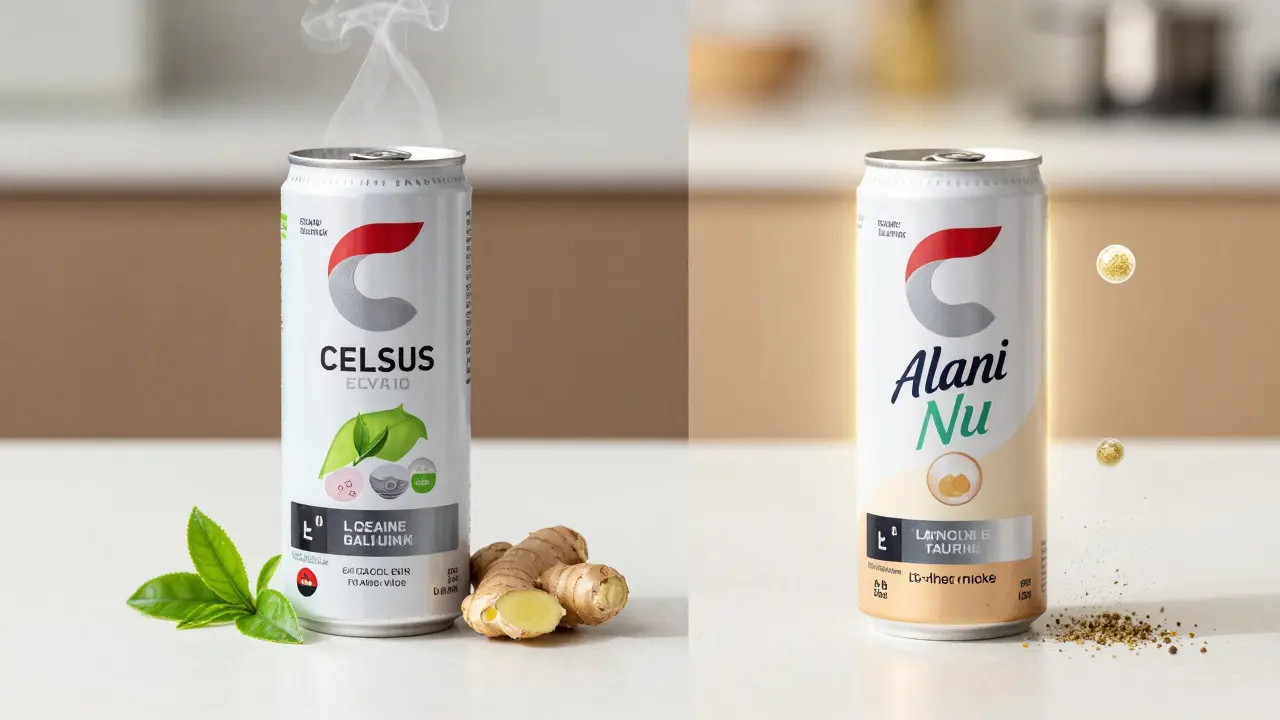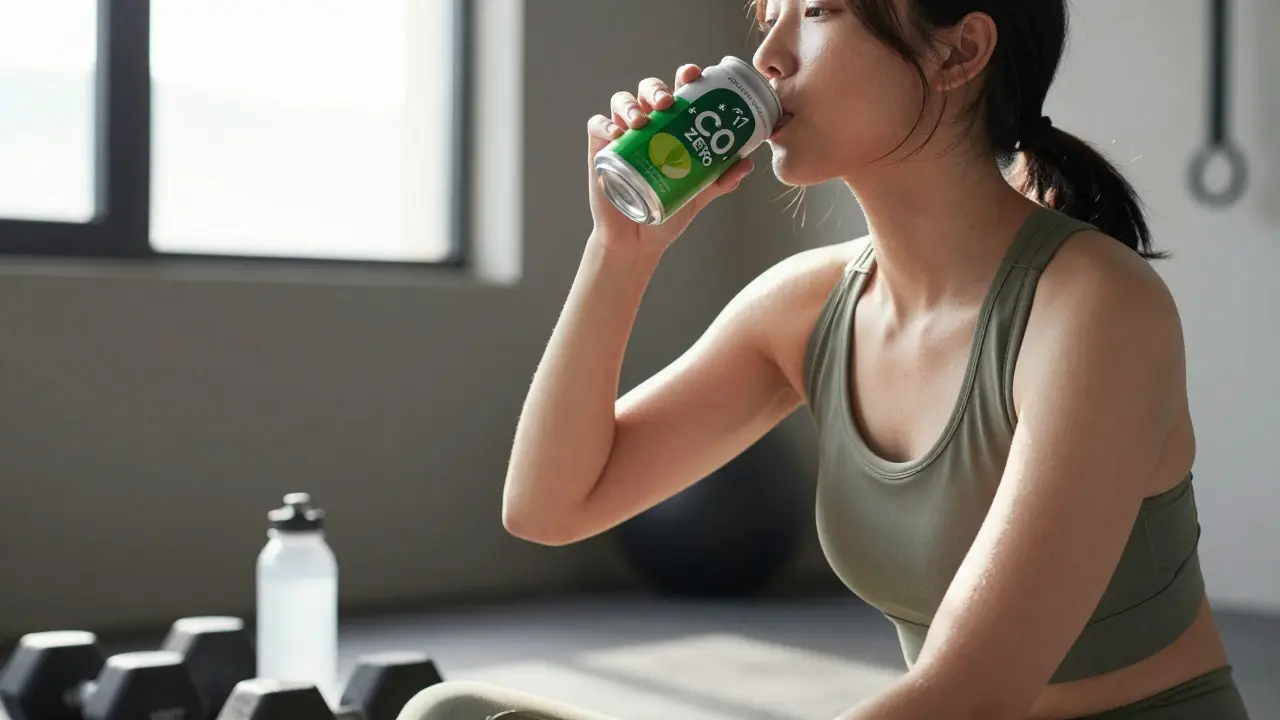Author: Amelia Starling
Drinking a gallon of water a day sounds healthy, but it can be dangerous. Learn what science says about hydration, overhydration, and why energy drinks don’t make water intake safer - or smarter.
NFL players don't rely on energy drinks before games. Their pre-game meals focus on lean protein, complex carbs, and hydration-timed perfectly to maximize energy and avoid digestive issues. Here's what they actually eat.
Bodybuilders avoid bread not because carbs are bad, but because most bread is refined, spikes insulin, and lacks nutrient density. They choose complex carbs like oats, sweet potatoes, and rice for better energy and muscle recovery.
Most pro athletes avoid Red Bull due to its high sugar content and lack of performance benefits. Learn what they actually drink for energy, why caffeine works better in capsule form, and how to fuel like a pro without the hype.
Athletes should avoid sugary sodas, energy drinks, alcohol, and sweetened recovery shakes. These drinks hurt performance, delay recovery, and disrupt hydration. Simple, clean fluids like water and electrolyte solutions are far more effective.
The best energy drink for weakness isn't about caffeine-it's about electrolytes, low sugar, and balanced nutrients. Discover which drinks actually help athletes recover and which ones make fatigue worse.
The best energy drink for weakness after exercise combines carbs, electrolytes, and protein to speed recovery. Not all energy drinks help-some make it worse. Learn what actually works for athletes in 2026.
There’s no such thing as a truly healthy energy drink-but some are far less harmful than others. Learn which ones have real ingredients, low sugar, and clean caffeine sources to avoid crashes and chemicals.
It's not illegal to mix caffeine and alcohol, but it's dangerous. Learn why pre-mixed drinks were banned, how caffeine masks intoxication, and what health experts say about combining energy drinks with alcohol.
Athletes drink water the most-not energy drinks. Learn what top performers actually consume daily, why sugar isn't helping, and the real hydration secrets behind peak performance.
Celsius and Alani are two popular zero-sugar energy drinks. Alani offers smoother energy with L-theanine and taurine, while Celsius packs more caffeine with less balance. For most people, Alani is the healthier option.
The best weight loss energy drink has zero sugar, clean stimulants like green tea extract, and no artificial sweeteners. Used correctly before workouts, it supports fat burning without cravings or crashes.

